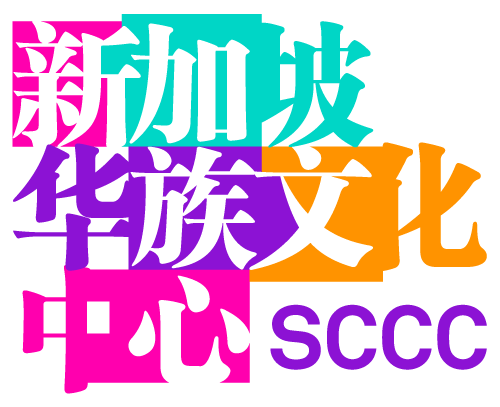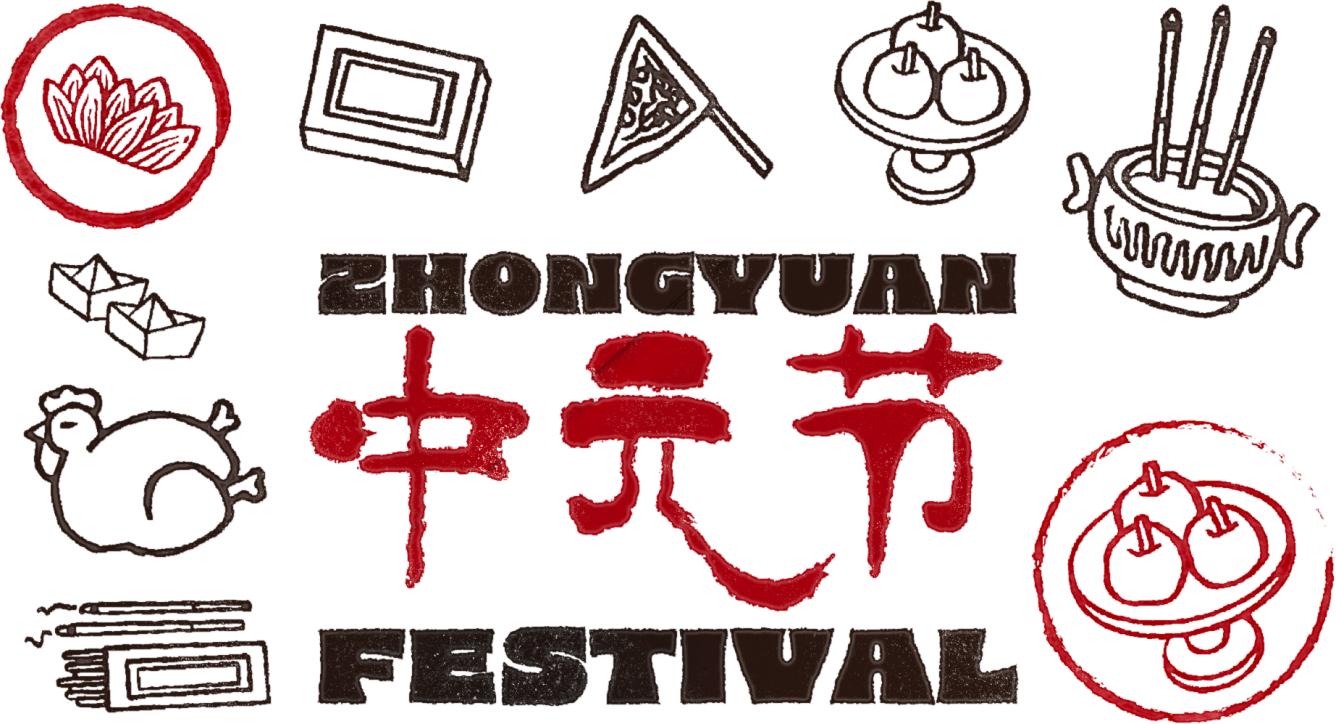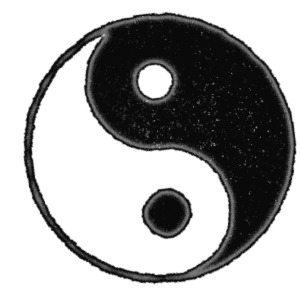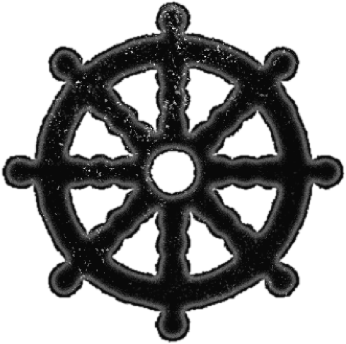This newspaper article shows that the Zhongyuan Festival was observed in Singapore as early as the 1890s, but the history of the festival goes way beyond that. There’s more to the origin and significance of the Zhongyuan Festival as it differs between Taoists and Buddhists. Let’s read on and dissect them together!







 taoism
taoism




